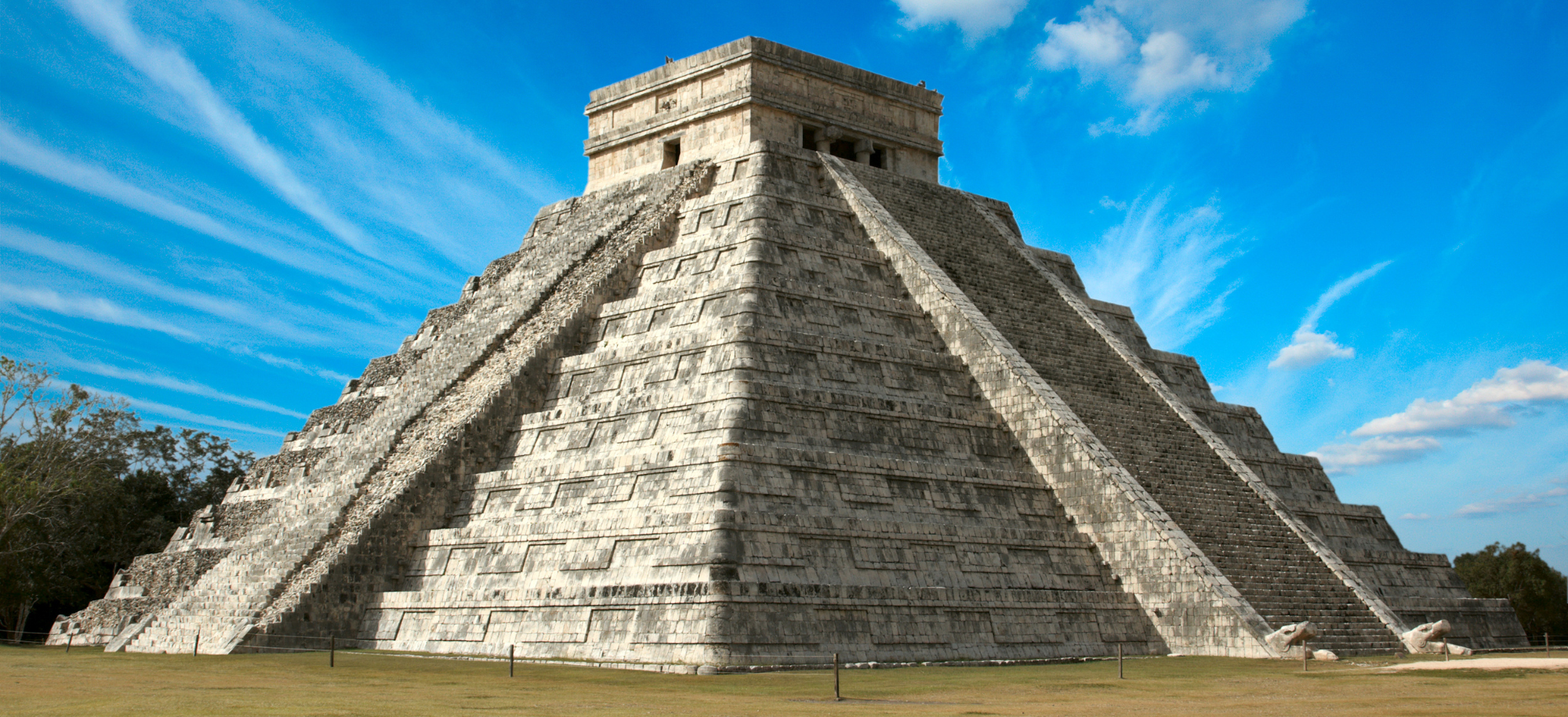
Last week, the UK experienced the hottest day in recorded history.
A research team, involving Professor James Baldini from our Department of Earth Sciences, has been studying the impact climate change had on the collapse and abandonment of the prehistoric Maya city of Mayapan.
Prehistoric city of Mayapan
The city of Mayapan, found in the Yucatan region of Mexico, suffered population decline against a backdrop of political rivalries and civil conflict. These issues came to a head between 1441 and 1461, which resulted in everyone abandoning the city.
During this time, the city experienced a severe drought and the research team, led by Professor Douglass Kennett from UC Santa Barbara University, USA, believes this added to the tensions between rival groups in the city. The violence which followed, including the massacre of a noble family, impacted the integrity of Mayapan's state institutions, which were designed to keep social order.
Analysing the data
The team of researchers, which included experts in the fields of archaeology, history, geography, and earth sciences, set out to understand the complex relationships between natural and social systems. They examined archaeological and historical data from Mayapan, alongside climatic data which they compared to a newer, local record of drought from cave deposits beneath the city.
The data revealed that Maya relied on rain-fed crops and there had been little investment into irrigation or long-term grain storage. The academics believe the lack of food due to climate change had enormous social implications.
The research team believe the findings, published in Nature Communications Journal, highlights the importance of understanding the complex relationships between natural and social systems, and understanding the potential vulnerabilities in our own sociopolitical systems.






